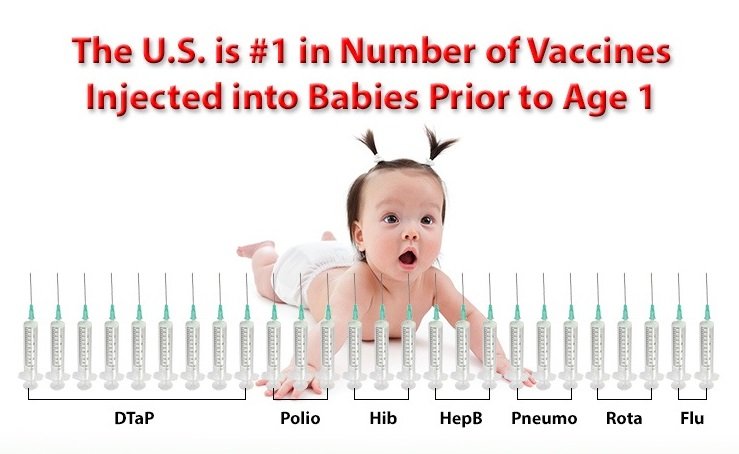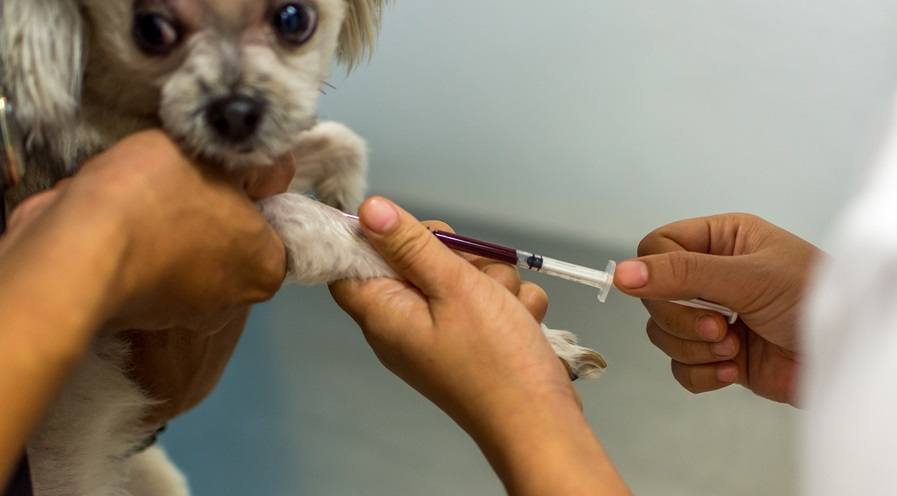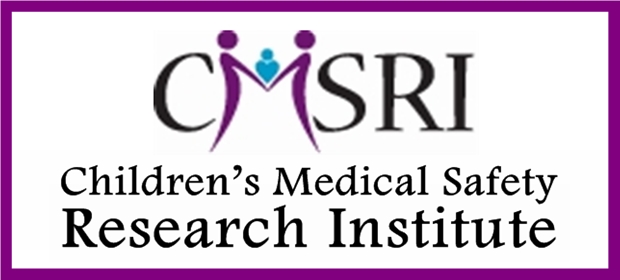What Are The Real Causes of Sudden Infant Death Syndrome (SIDS)? Why Are Vaccines Excluded?
As we have previously reported at Health Impact News, in spite of the fact that the U.S. spends more on "healthcare" than any other nation in the world, our infant mortality rates are among the highest, especially when compared to developed, wealthier nations. The most recent study was published in January of 2018 in the journal Health Affairs and compared the mortality rate of children in 19 wealthy, Western countries, where the U.S. came in last. It is also well-known that American babies receive more doses of vaccines than any other nation. And yet, government health agencies refuse to even consider if vaccines are part of the problem. Within the U.S., the state with the highest infant mortality rate, Mississippi, also (coincidentally??) has the highest vaccination rates in the U.S. Neil Miller, a medical research journalist and the Director of the Thinktwice Global Vaccine Institute, wrote in 2014 that while there are 130 official ways for an infant to die according to official categories of death, sanctioned by the Centers for Disease Control and Prevention (CDC) and the World Health Organization (WHO) as published in the International Classification of Diseases (ICD), vaccines are not one of them: "There are 130 official ways for an infant to die. When a baby dies, coroners must choose from among these 130 categories. The official causes of death include nearly every imaginable — and tragic — possibility. However, there is NO category for infant deaths caused by vaccines." According to the CDC, Sudden Infant Death Syndrome (SIDS) remains one of the leading causes of death among infants in the U.S., claiming 3,700 deaths in 2015. Dr. Viera Scheibner is one of the few scientists and researchers who has investigated SIDS and a possible link to vaccines, and she presents her research here on Health Impact News.







